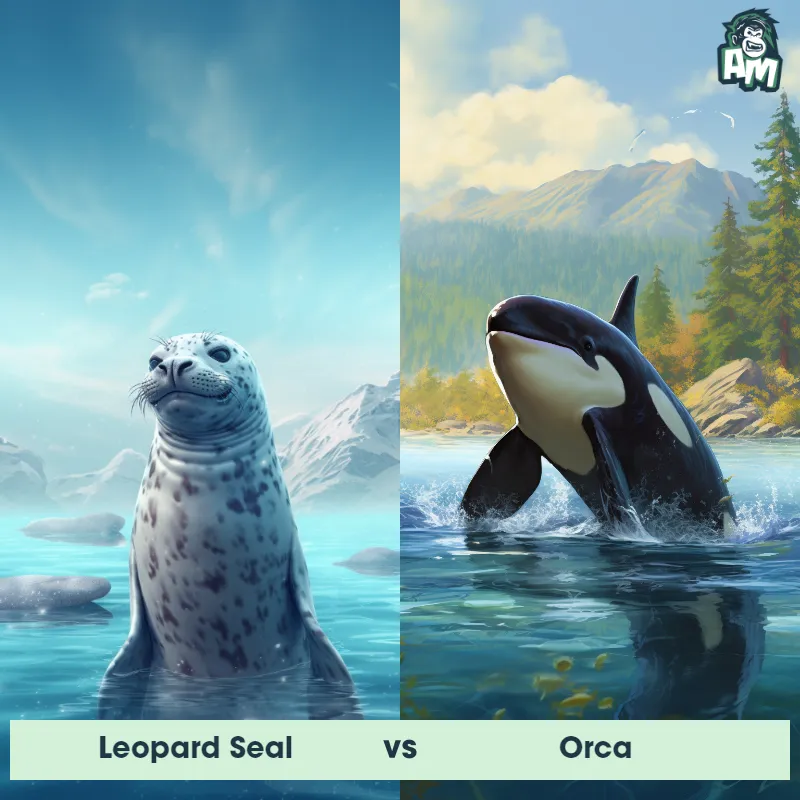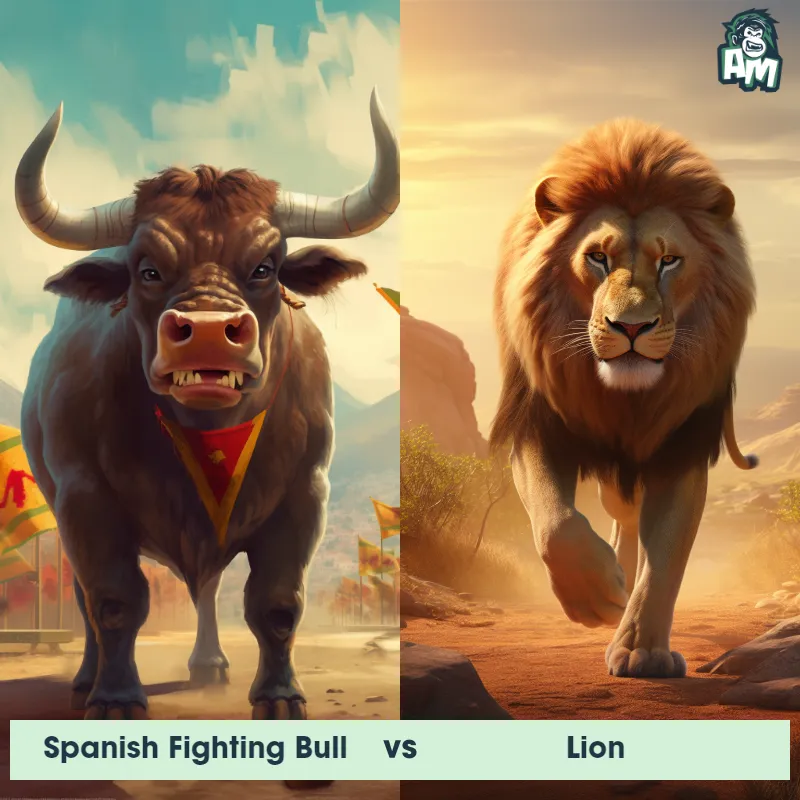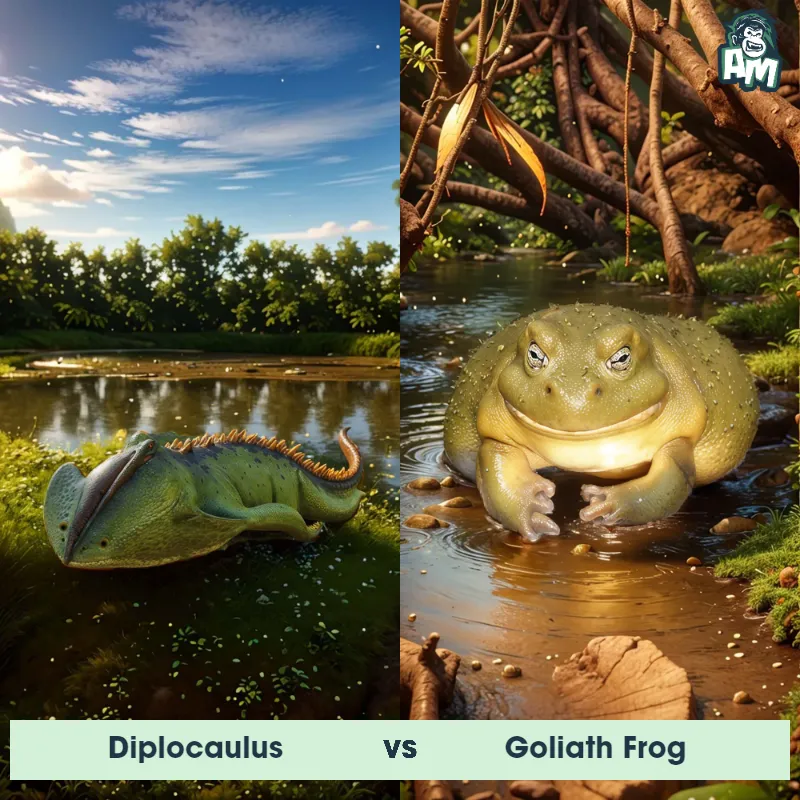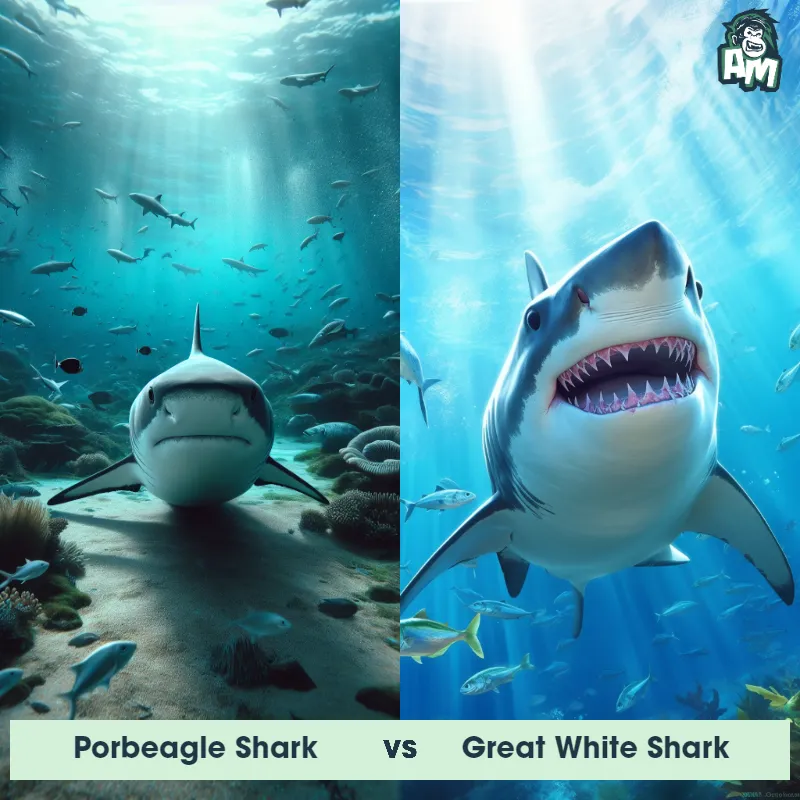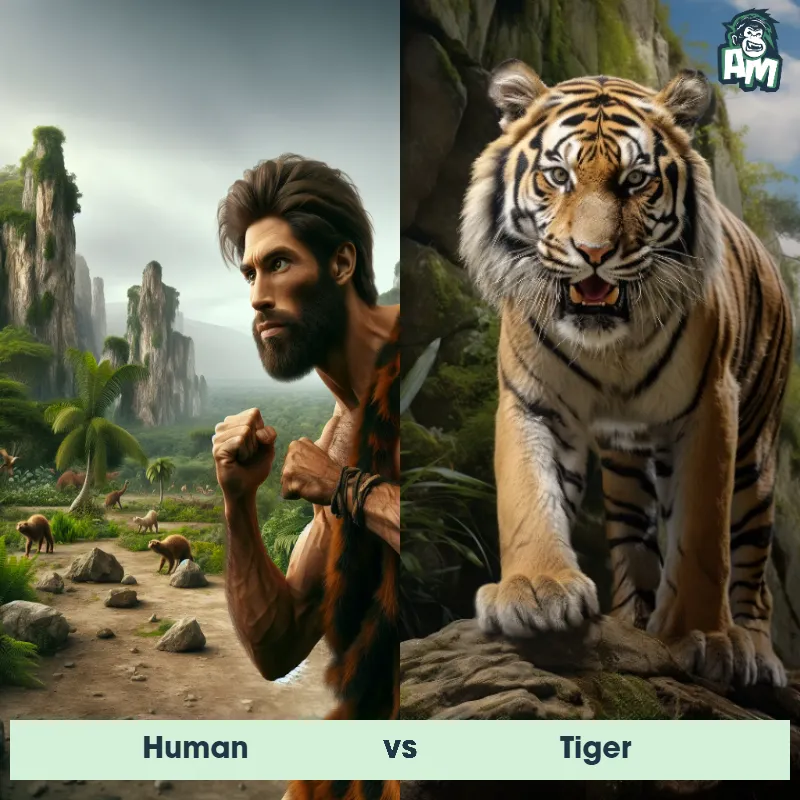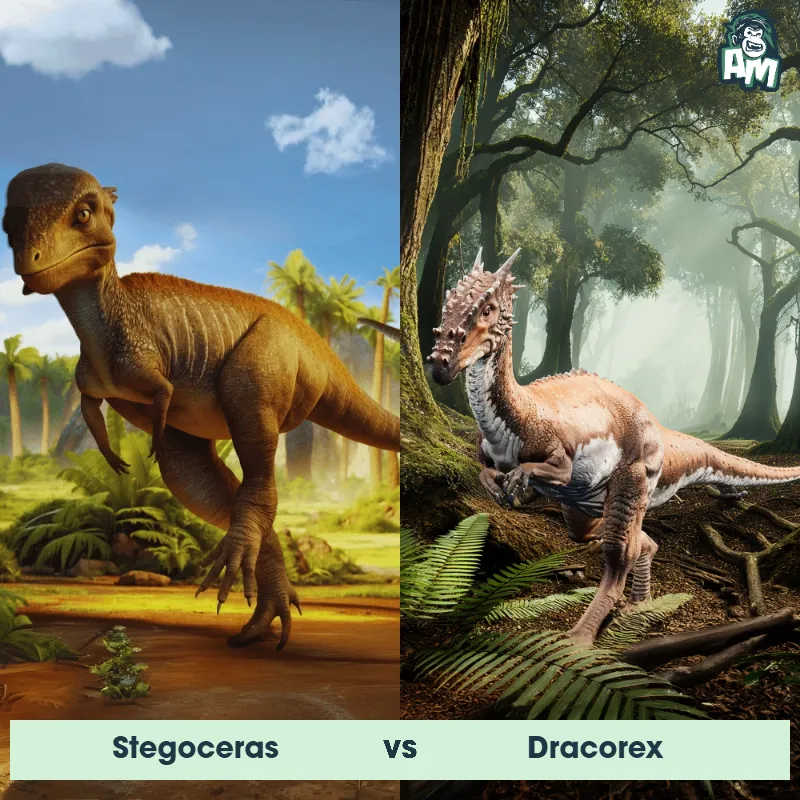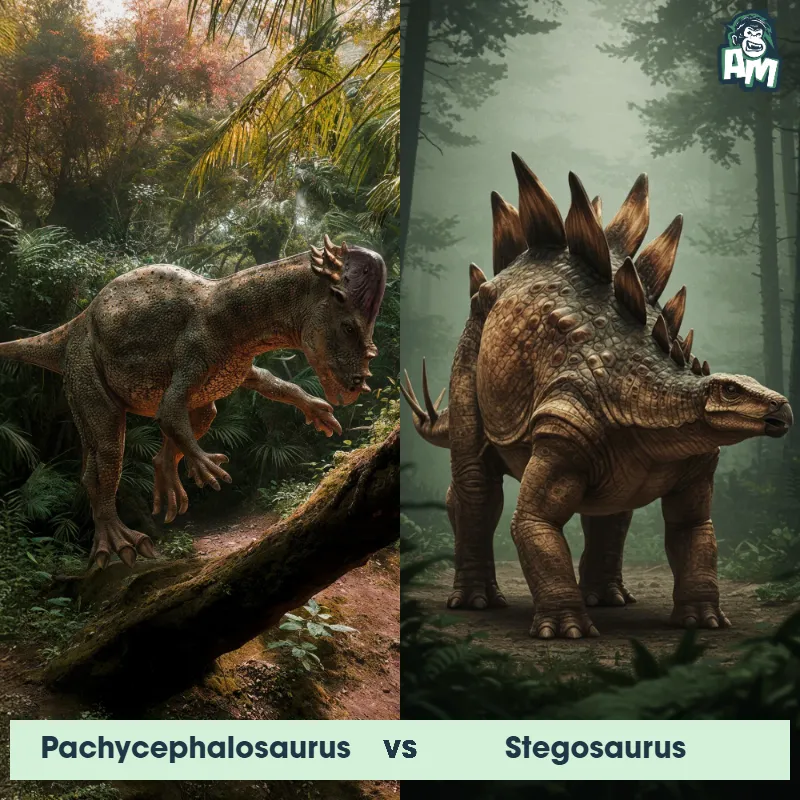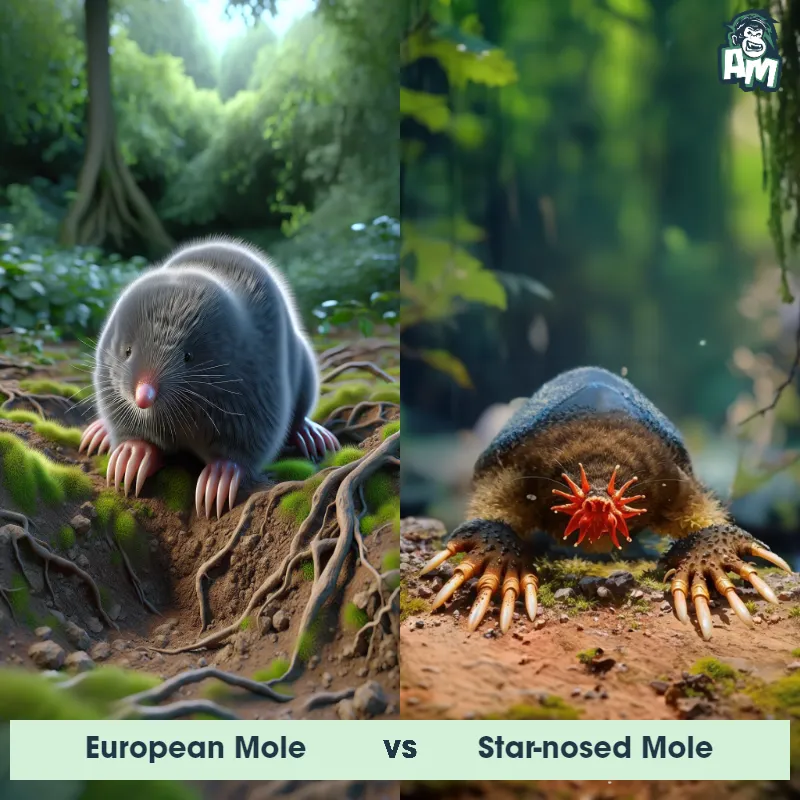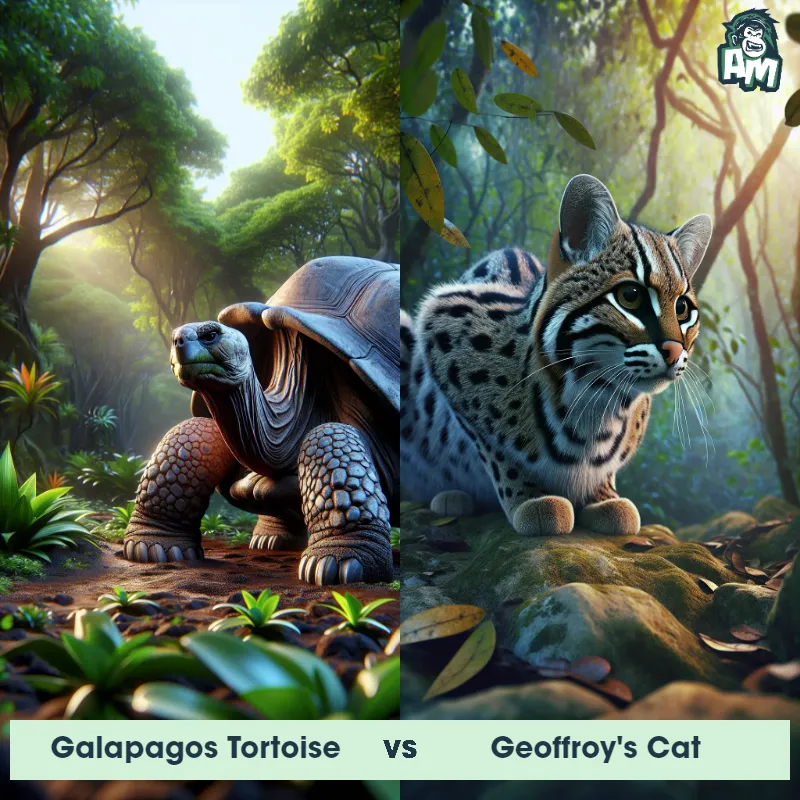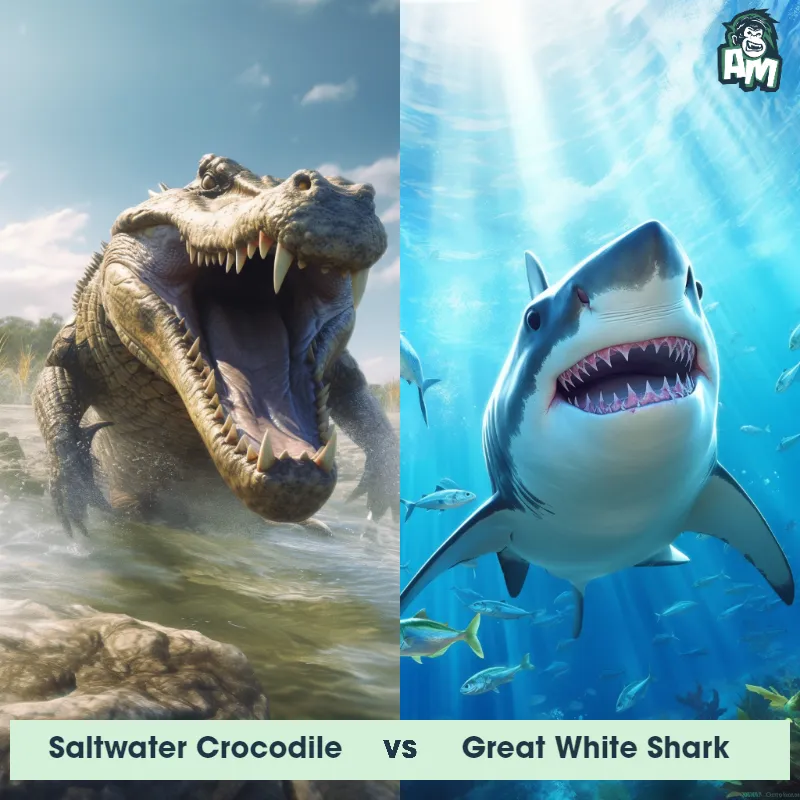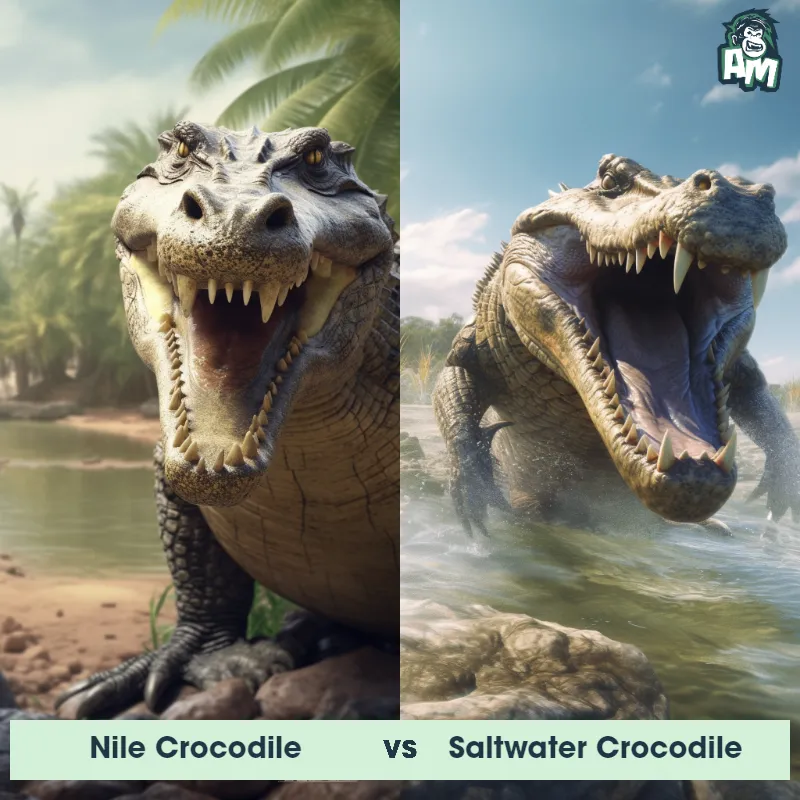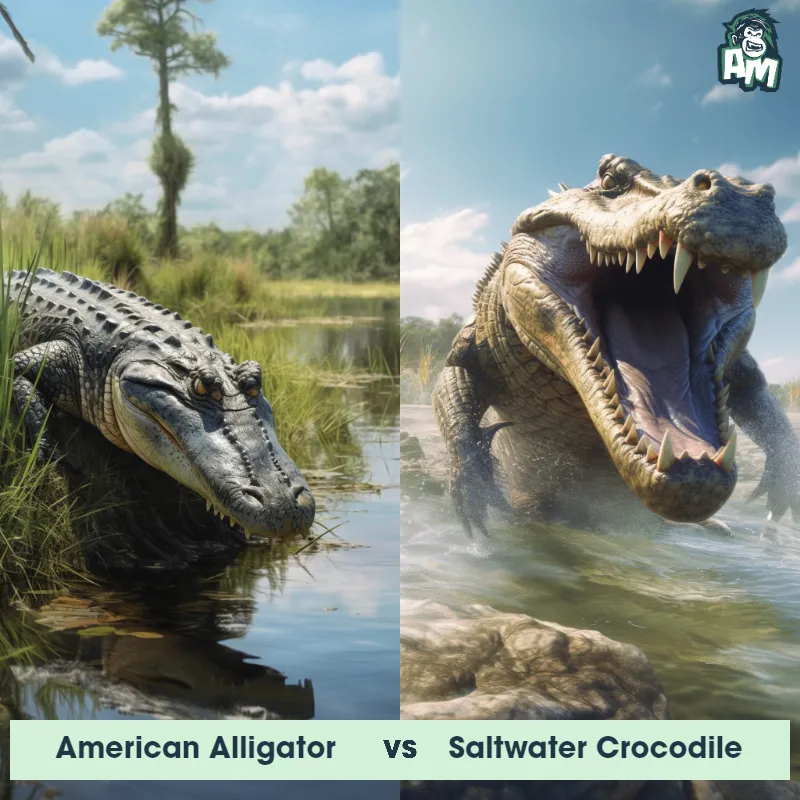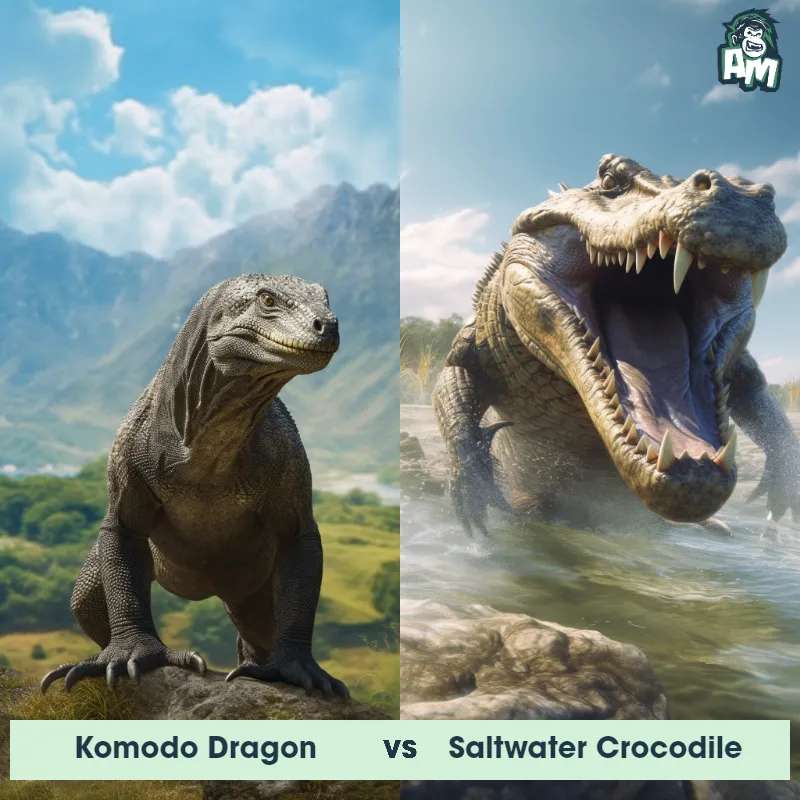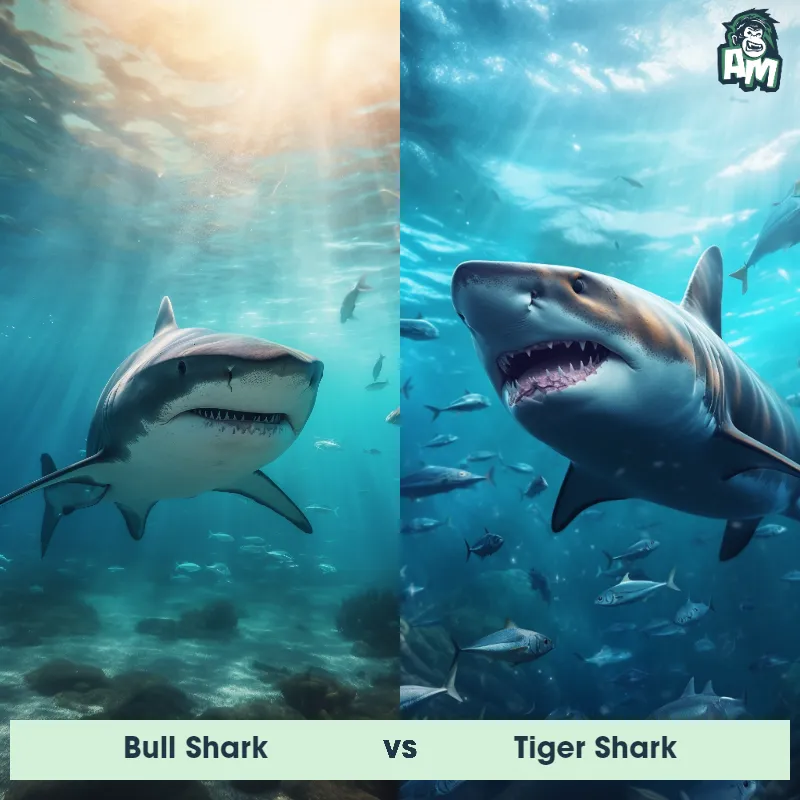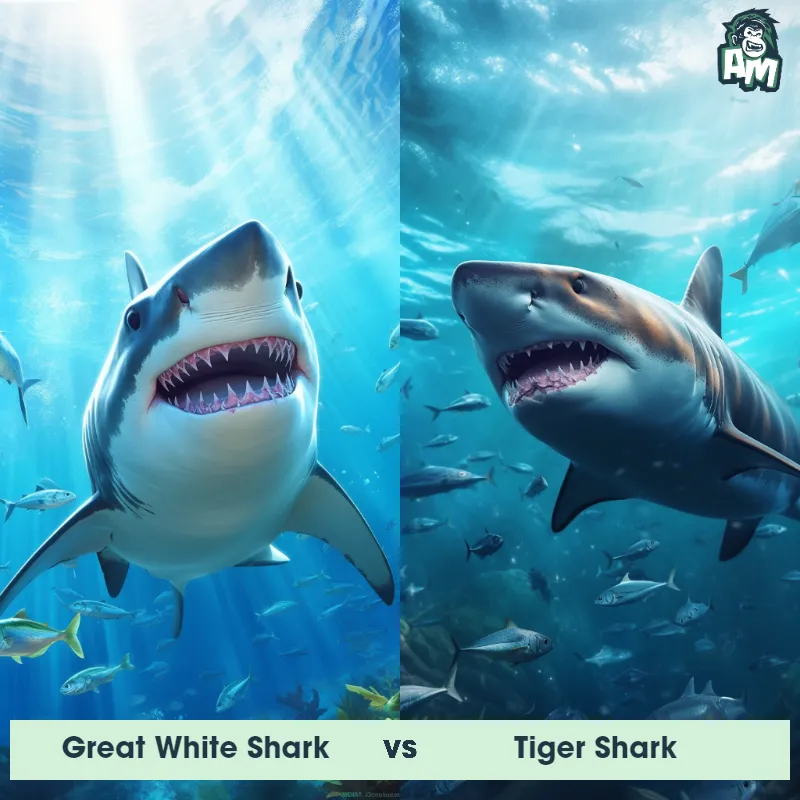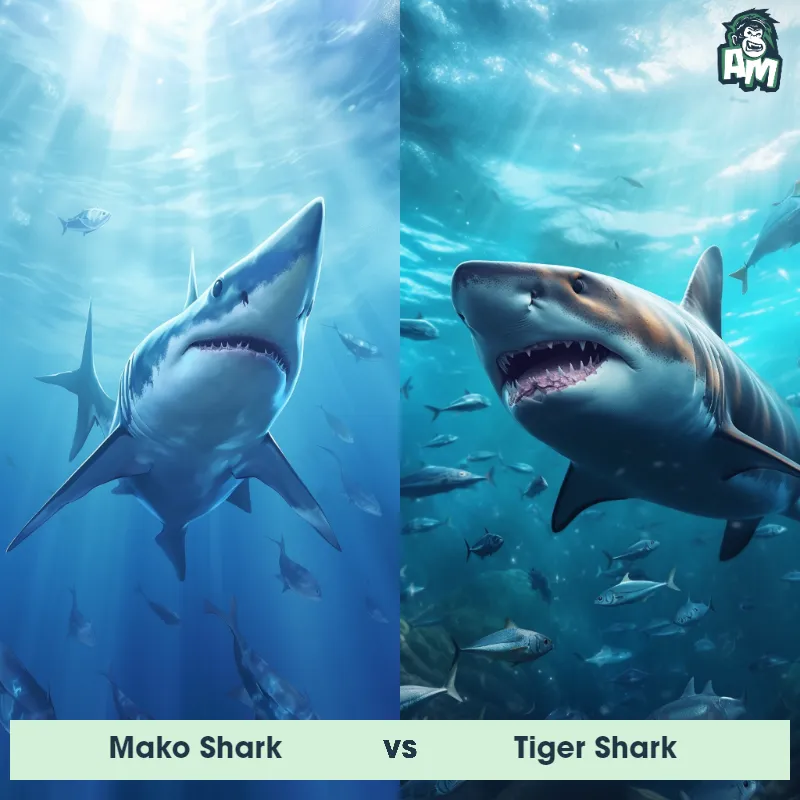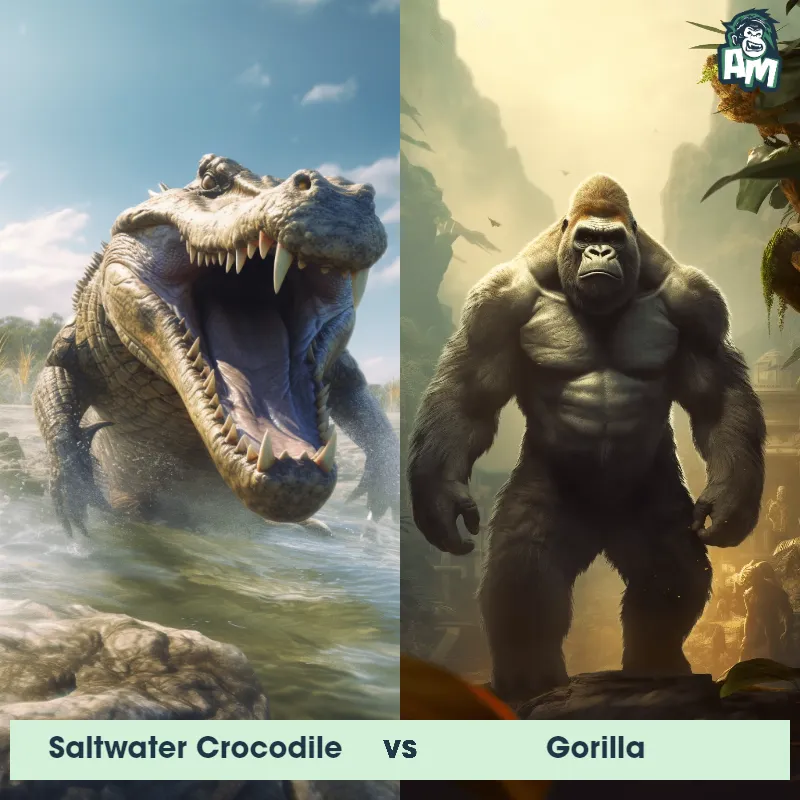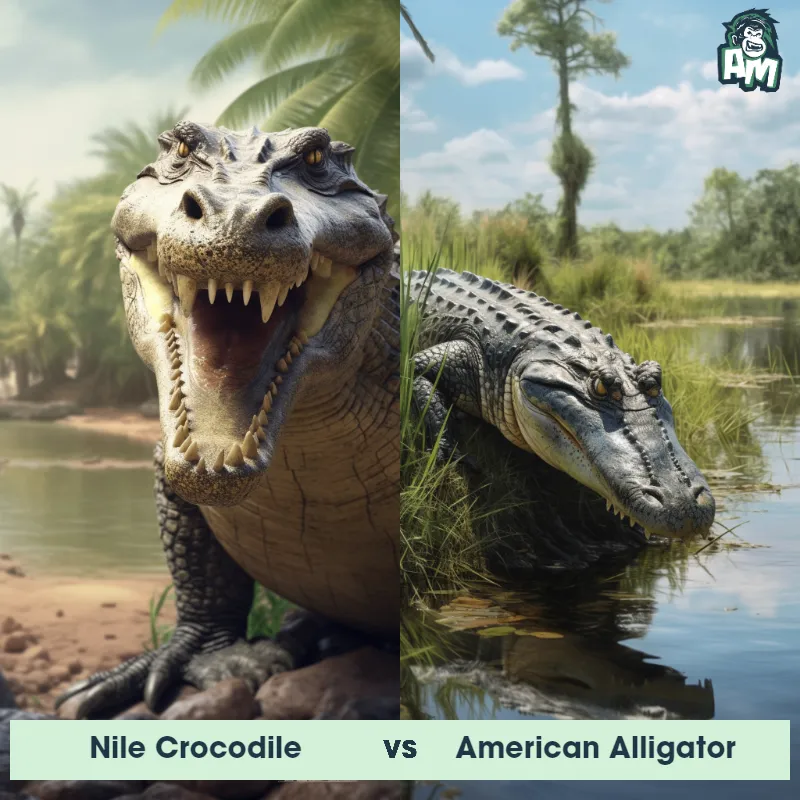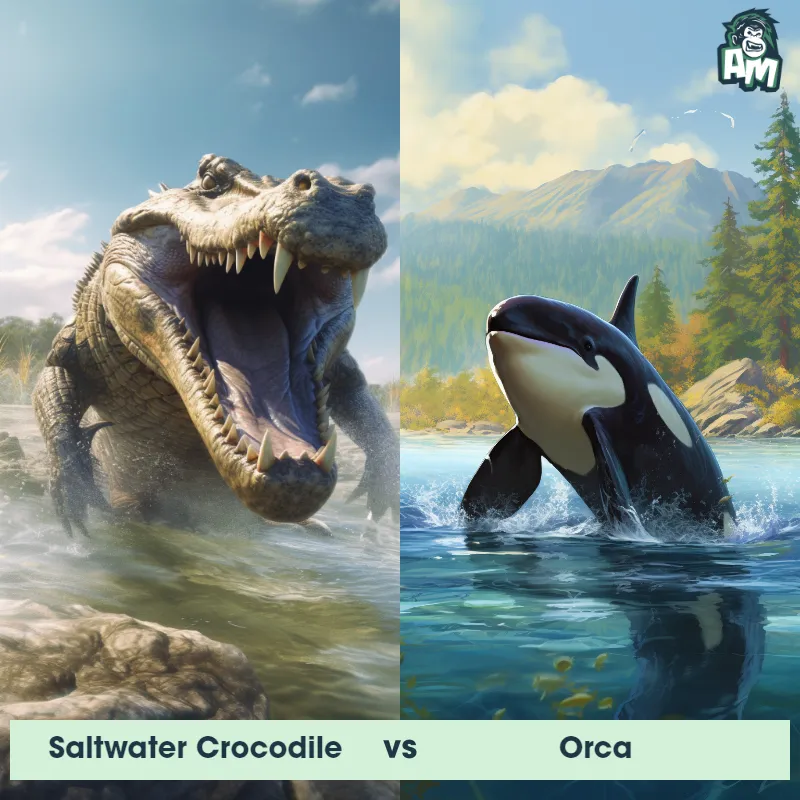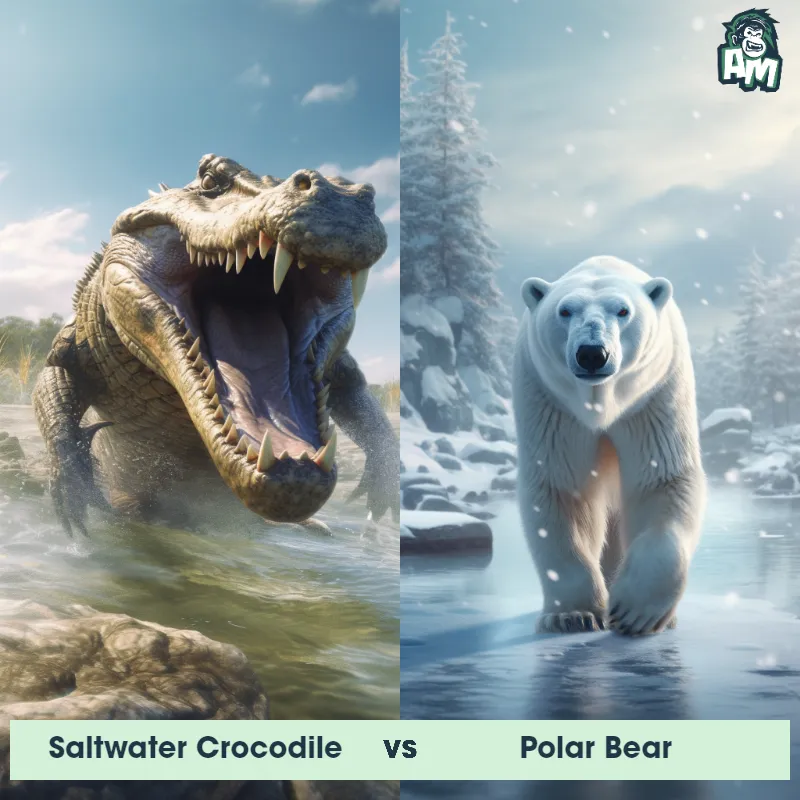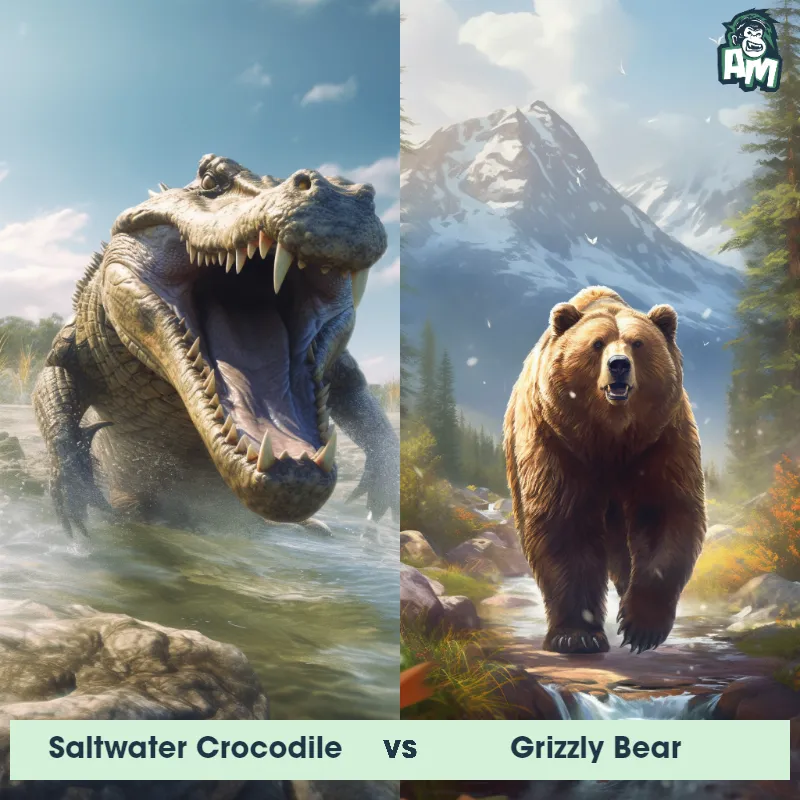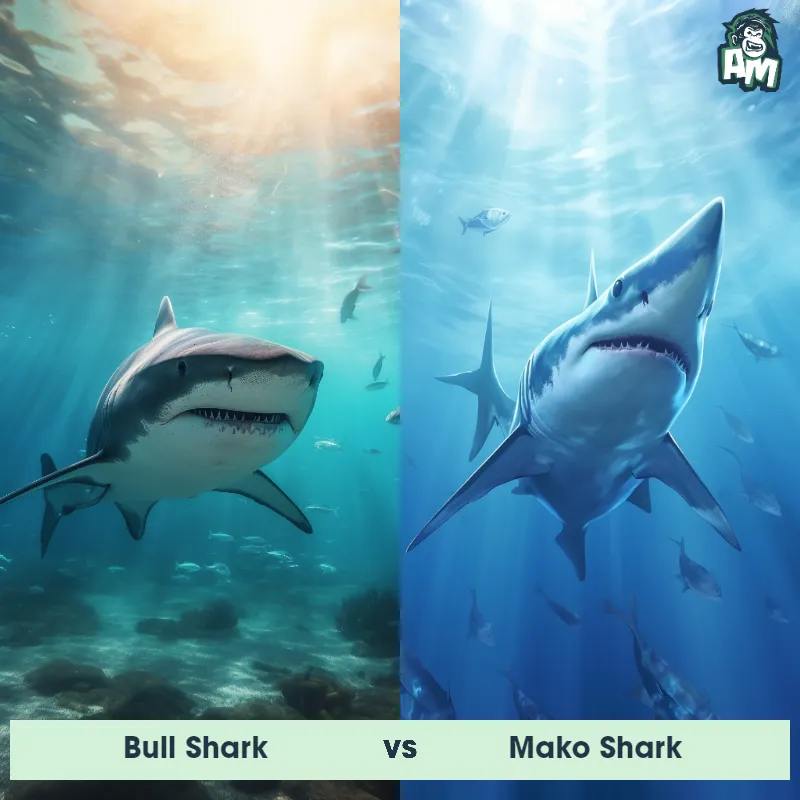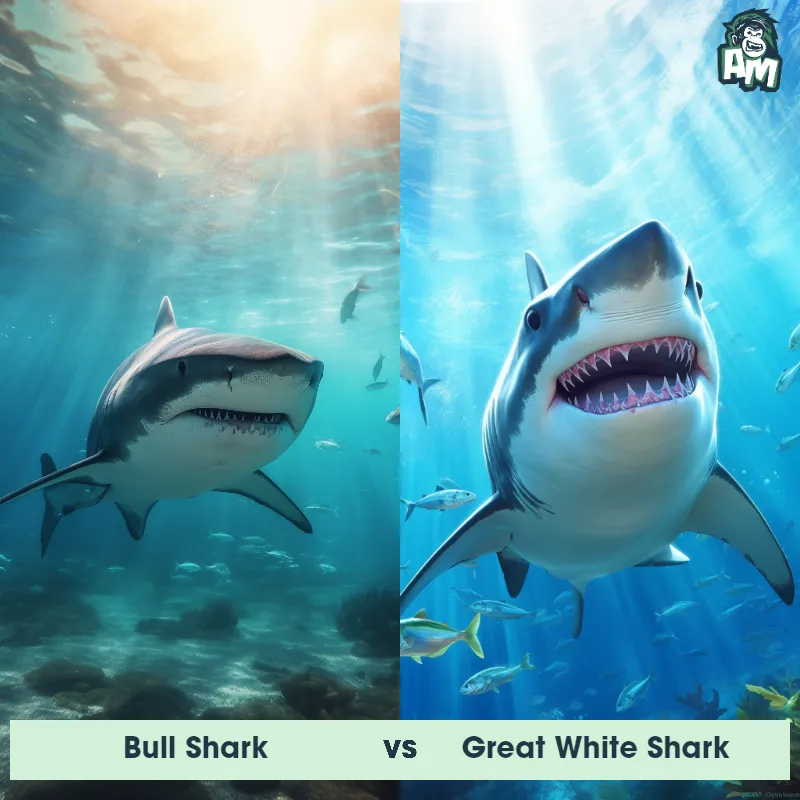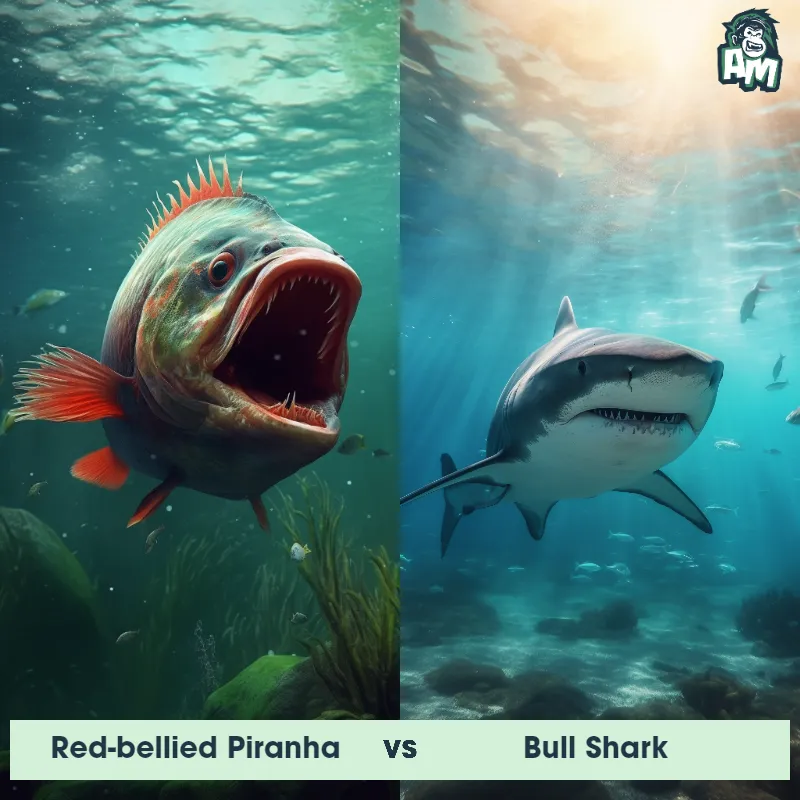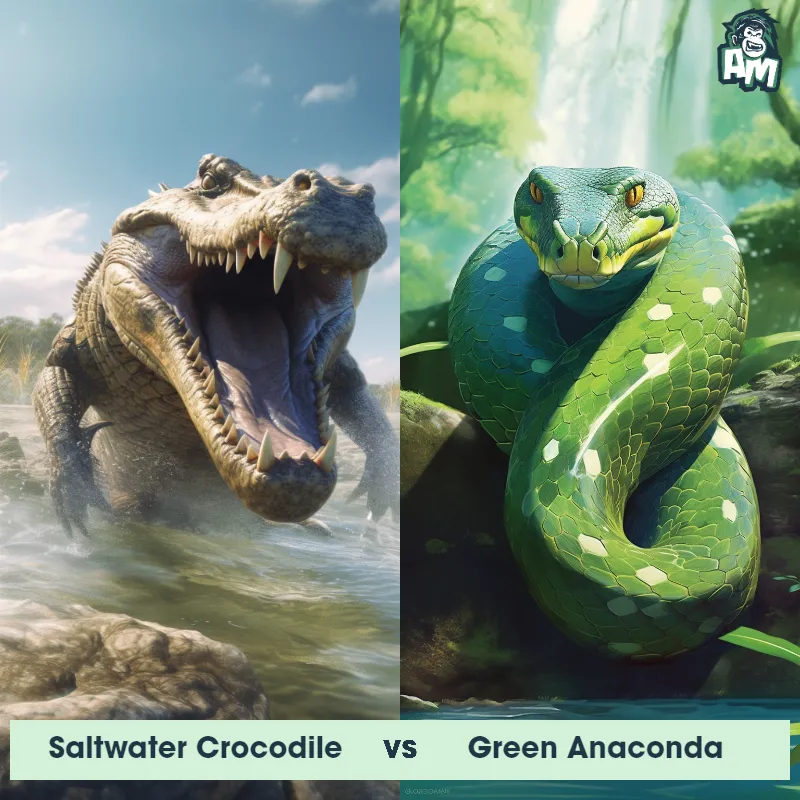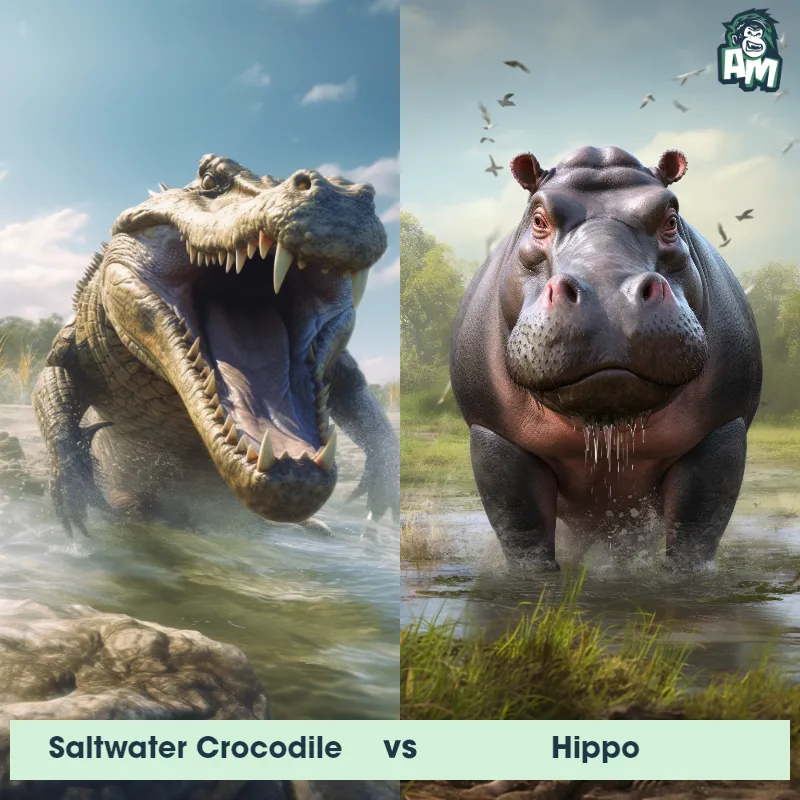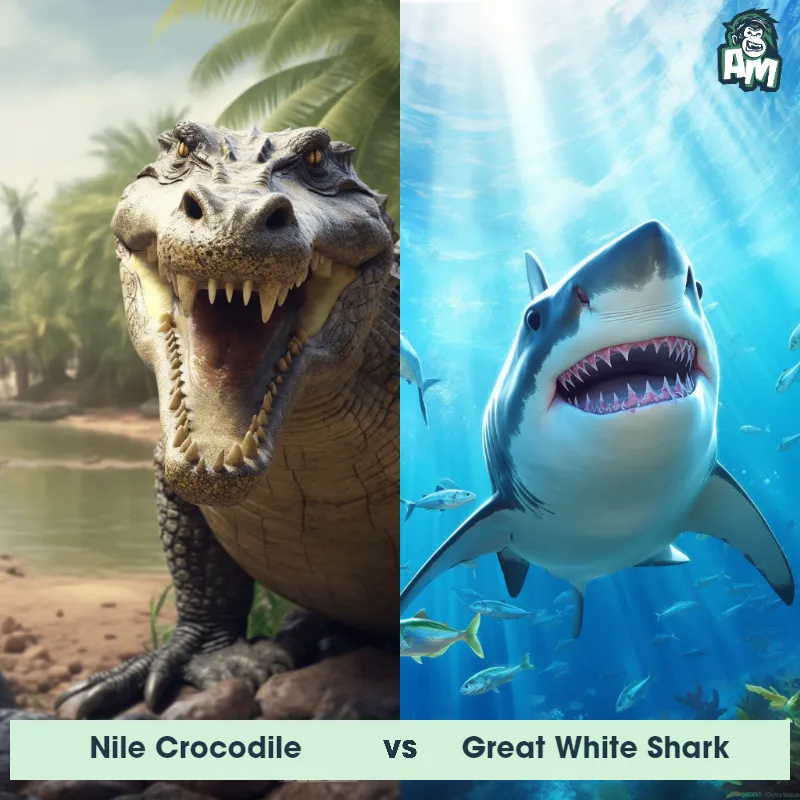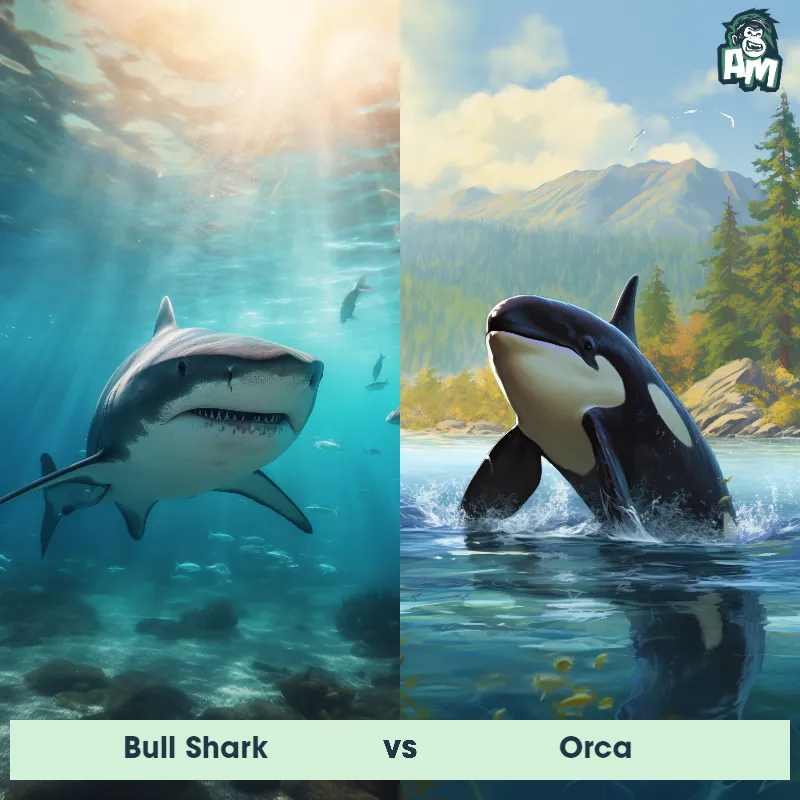Saltwater Crocodile vs Tiger SharkSee Who Wins
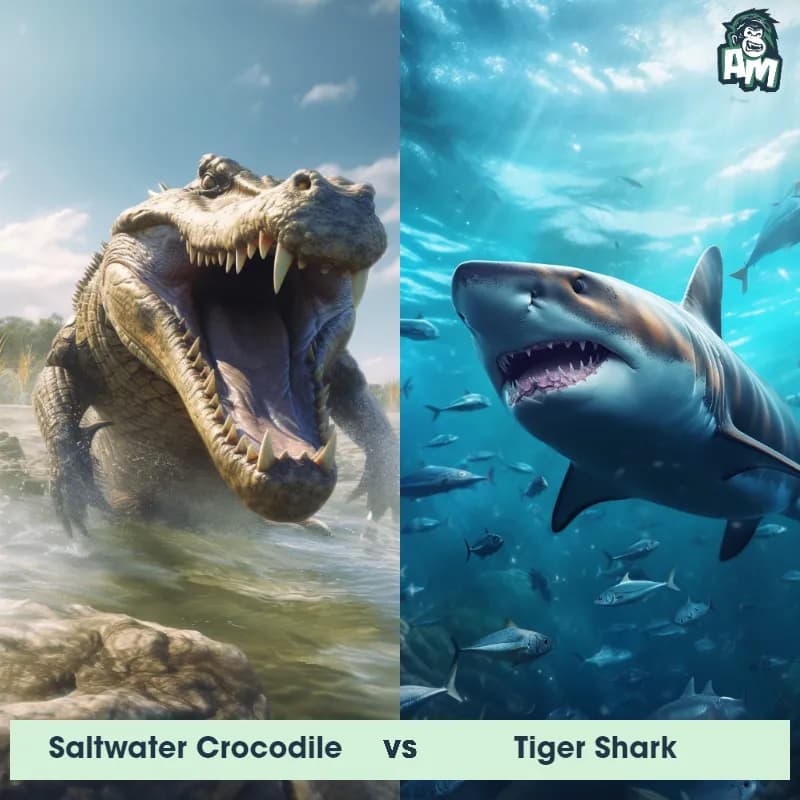
Ladies and gentlemen, today's battle promises to be an unforgettable clash between two of the ocean's most fearsome predators! On one side, we have the Saltwater Crocodile, an armored giant with a bite that's unparalleled. On the other, the Tiger Shark, a formidable hunter known for its razor-sharp teeth and relentless nature. As the waves surge with anticipation, let's dive into this epic confrontation!
Contender 1: Saltwater Crocodile
The Saltwater Crocodile, also known as the estuarine crocodile, is the largest living reptile in the world, with males reaching up to 23 feet in length and weighing over a ton. They have a powerful jaw with over 60 teeth and are covered in tough, scaly skin that ranges from grayish-brown to black in color. They are found in the brackish and freshwater habitats of Southeast Asia and Northern Australia and are known for their aggressive behavior towards humans.
Fun Fact: Saltwater Crocodiles have the strongest bite force of any animal in the world, with a bite strength of up to 3,700 pounds per square inch, which is strong enough to crush a car.
Contender 2: Tiger Shark
The Tiger Shark, also known as Galeocerdo cuvier, is a large predatory shark that can grow up to 18 feet in length and weigh over 1,400 pounds. It is named for its distinctive striped pattern on its back, which fades as the shark ages. Tiger Sharks have a broad, flat head and powerful jaws filled with serrated teeth that can easily crush through the shells of sea turtles and clams. They are found in warm waters around the world and are known for their voracious appetite and ability to eat almost anything, including garbage and even other sharks.
Fun Fact: Tiger Sharks have a unique hunting strategy where they will bump into their prey before attacking, a behavior known as "bump and bite."
Matchup Stats
| Saltwater Crocodile | Tiger Shark | |
|---|---|---|
| Size | Up to 23 feet (7 meters) | Up to 18 feet (5.5 meters) |
| Weight | Over a ton (1,000 kg) | Over 1,400 pounds (635 kilograms) |
| Speed | Land Speed: 11 mph (18 km/hr) | Speed: 20-30 mph (32-48 km/hr) |
| Key Strength | Powerful jaw with 64-68 teeth and strongest bite force of any animal in the world | Powerful jaws and teeth |
| Biggest Weakness | Slow on land and vulnerable to attacks on the soft underbelly | Vulnerable to attacks on the gills |
Current Votes
Saltwater Crocodile vs Tiger Shark
See Who Wins
View More Matches
Looking For More?
Similar Matches
Scientific Stats
| Saltwater Crocodile | Tiger Shark | |
|---|---|---|
| Scientific Name | Crocodylus porosus | Galeocerdo cuvier |
| Family | Crocodylidae | Carcharhinidae |
| Habitat | Brackish and freshwater habitats | Warm waters |
| Geography | Southeast Asia and Northern Australia | Found worldwide |
| Diet | Carnivorous, preys on fish, birds, mammals, and other reptiles | Varied, including sea turtles, clams, garbage, and other sharks |
| Lifespan | 70 years - 100 years | 27 years - 50 years |
Key Differences between Saltwater Crocodile and Tiger Shark
- Skin texture: Saltwater Crocodiles have scaly skin with a rough texture, while Tiger Sharks have a smooth, sleek skin covered in dermal denticles (tooth-like scales).
- Coloration: Saltwater Crocodiles have a dark greenish-brown coloration on their back and sides, with a lighter belly, whereas Tiger Sharks have a dark gray or bluish-gray coloration on their back and sides, fading to a white or yellowish belly.
- Body shape: The Saltwater Crocodile has a robust and muscular body with a broad head, while the Tiger Shark has a more streamlined body and a pointed snout.
- Head shape: The Saltwater Crocodile has a broad and blocky head with a wide snout, while the Tiger Shark has a more pointed and conical head with a relatively short snout.
- Size: The Saltwater Crocodile is generally larger than the Tiger Shark. Crocodiles can reach lengths of up to 23 feet, while Tiger Sharks typically grow to around 15 feet in length.
- Tail shape: The Saltwater Crocodile has a long, powerful tail that is laterally compressed (flattened from side to side), aiding in swimming, while the Tiger Shark has a long, slender tail with a distinct upper lobe that helps with propulsion.



